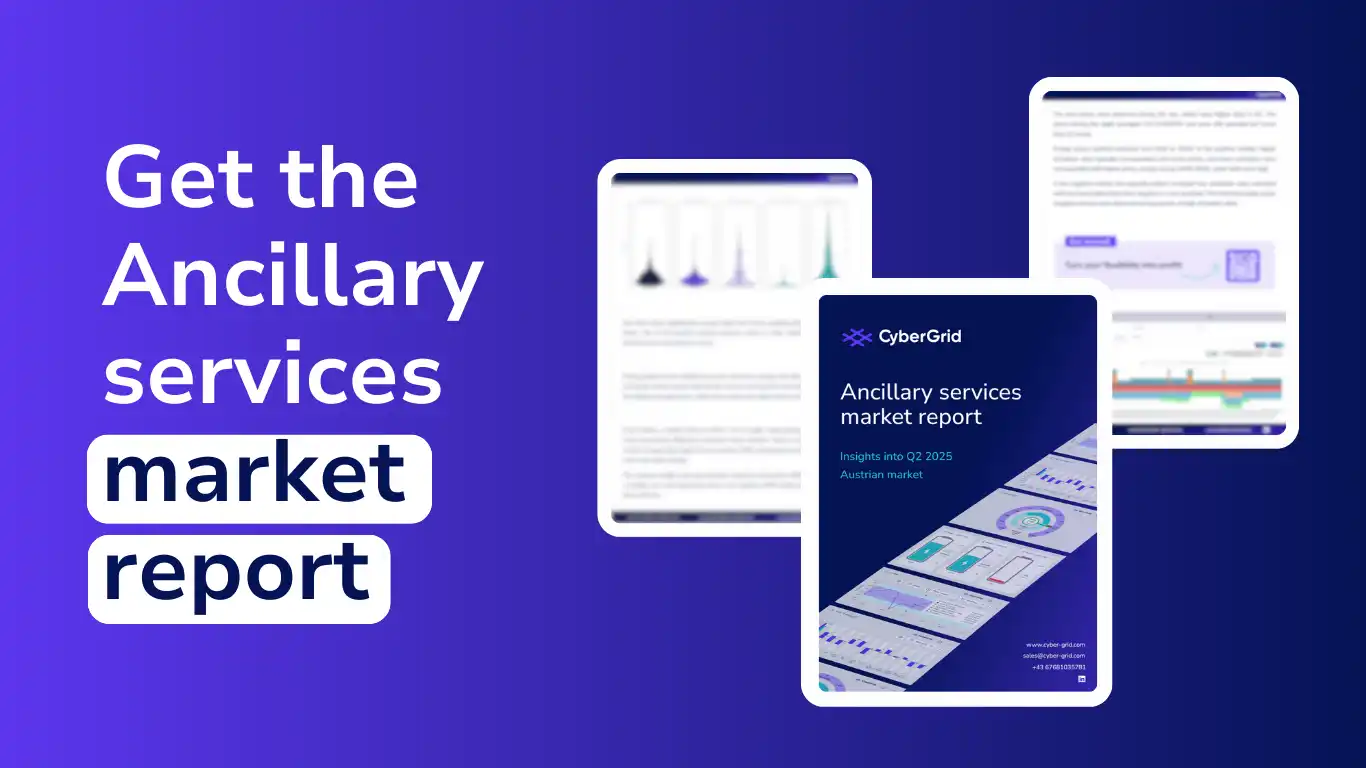Digitalization is at the heart of the battery sector’s contribution to the energy transition. Digitalization is the key to fully optimizing the battery value chain and its contribution to decarbonization efforts. Implementing digitalization will contribute to the sharing economy, support sustainability within the battery sector, increase European competitiveness, and provide digital services to consumers.
Digitalization as the cross-cutting issue towards a clean energy future
When you think of digitalization within the battery sector, you might think of an EV connecting to a charging station and the platform you use to make it happen, however digitalization covers far more. Emerging battery innovations such as machine-learning algorithms, digital twins, battery passports, and a platform marketplace for battery goods and services are not used in 1 silo of the value chain.
Digitalization can be found throughout all cycles of the battery value chain. Here are just some examples for each cycle:
- Discovery: Material and cell modelling and simulation
- R&D: Product Development Lifecycle & Engineering
- Production: Process Optimization and Efficiency Improvement
- Maintenance: Maintenance Adjustment and Optimization
- Usage: IoT Infrastructure and Data Interfaces Enabling Big Data
- End-of-Life: Traceability and Data per battery
CyberGrid presentation at Battery Innovation Days 2021
Our expert Cami Dodge-Lamm will speak about: 'Digitalization: A Prerequisite for Developing a Green Value Chain'
Join us on Thursday, November 25 at 9:30 CEST
By advancing the digitalization of the battery value chain, these cycles will be more efficient, interconnected, and ultimately meet the needs of governments, businesses, and consumers. Moreover, this leads to a stronger, more transparent battery market with accountability and sustainability embedded at every step of the way.
Interoperability Driving Digitalization
Interoperability between devices, IT systems, and various platforms is a key, underlying component to digitalization. Without interoperability, implementation cost will be higher, the time to market will be longer, and system benefits for EU electricity and battery industries will be delayed. What would interoperability do? It would create devices that have true plug-and-play capabilities for the internet of things (IoT) and a seamless connections throughout the battery value chain, thus leading to the provision of innovation services, and thus scaling.

Realizing interoperability throughout the battery value chain is no easy task. However, more and more stakeholders are realizing its importance and supporting efforts to achieve interoperability in various ways. Here are some ways to reach interoperability:
- There are many technical issues to tackle in this field, so continuing research and innovation efforts, such as in the EU Horizon InterConnect project, is a first step.
- Many standards have been developed across various sectors of the economy. Aligning the standards that apply within the battery sector and demand side flexibility, is key.
- Interoperability will not happen on its own. Strong support is required at the EU level through the facilitation of cooperative efforts.
- The creation of a dedicated Battery Interoperability Alliance the would foster the development, adoption, and compliance of battery data interoperability.
The objective is clear. European-wide digitalization in the battery sector, coupled with interoperability efforts, will deliver invaluable returns on investment: sustainability within the battery sector, a strong European battery economy, and better services for consumers.
CyberGrid's Expertise in Digitalization Showcased
Cami Dodge-Lamm, CyberGrid’s Head of European Public Affairs and Regulation, was invited to speak at Battery Innovation Days 2021. In her presentation, she will expand on the indispensable necessity of digital development in the energy sector. In her additional role as Co-Chair in the Batteries Europe Digitalization Task Force within Batteries Europe, she works to pinpoint challenges and openings related to digital technologies for the battery value chain. In her working group, she analyses the technological needs for efficient battery operation in order to assess the benefits that storage systems can deliver to the energy sector.
About Cami Dodge-Lamm, CyberGrid speaker at #BID2021
Cami Dodge-Lamm has been working as Head of European Public Affairs and Regulation at CyberGrid GmbH & Co KG since 2018. She specializes in the fields of public policy and renewable energies. In her role, she engages as CyberGrid representative in multiple European industry groups, such as ESMIG, smartEN, European Battery Alliance, and BatteRies Europe Working Group 6 for Stationary Storage and the Digitalization Task Force.In addition, she manages EU-funded project InterConnect, working towards interoperable solutions connecting smart homes, buildings and grids. Cami holds a Master’s degree in Renewable Energy Systems from Vienna Technical University (Austria), as well as a Master’s degree in Public Policy from George Mason University (USA).




